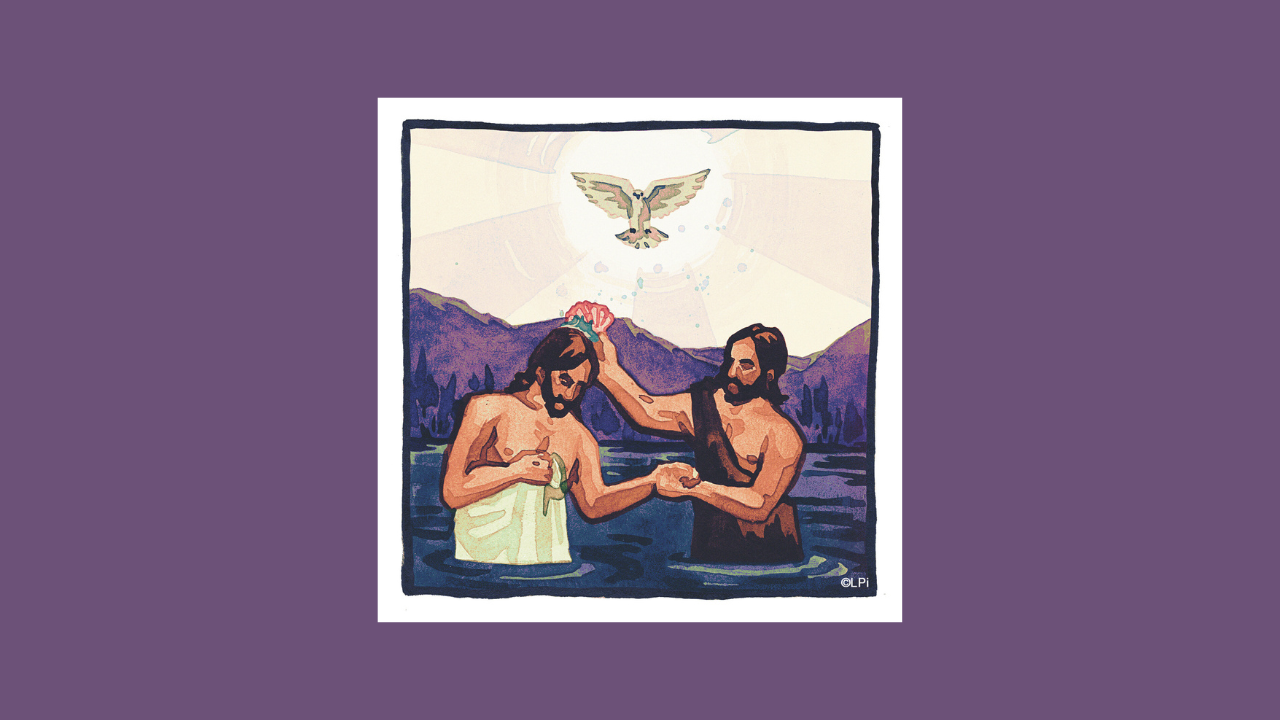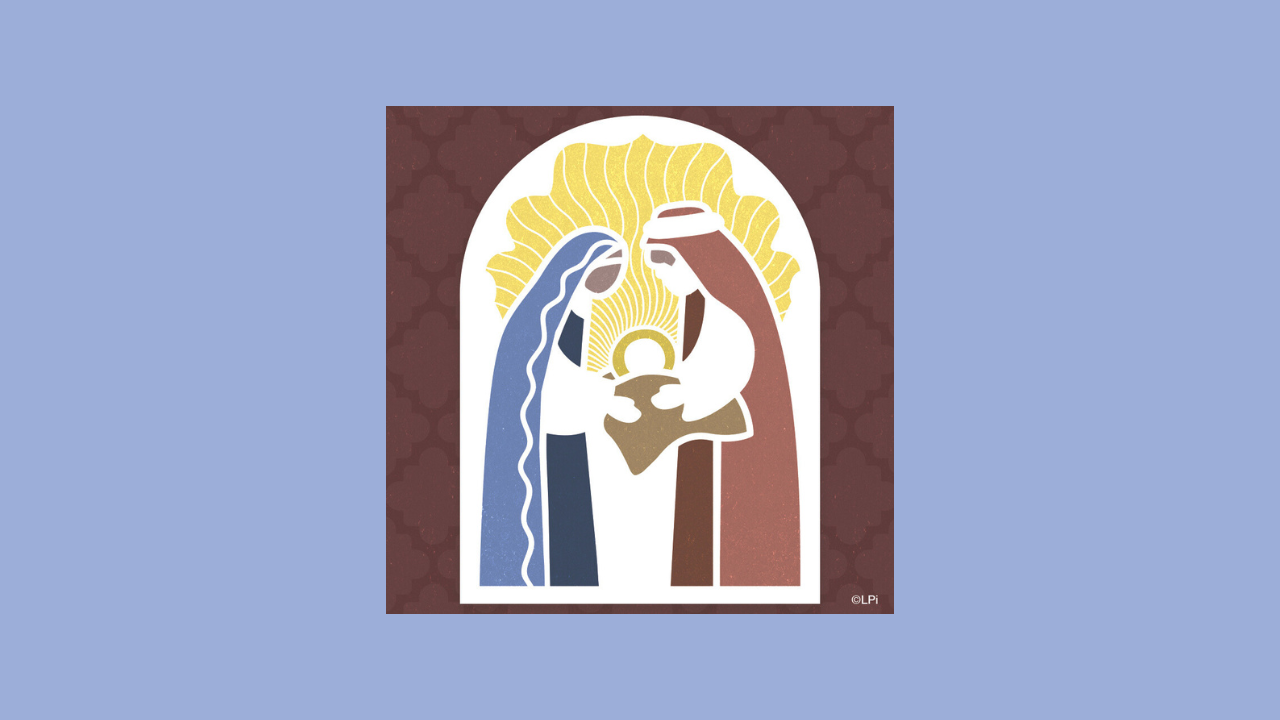"Those Mysterious Magi" by Fr. Chris House
January 3, 2025

The body content of your post goes here. To edit this text, click on it and delete this default text and start typing your own or paste your own from a different source.
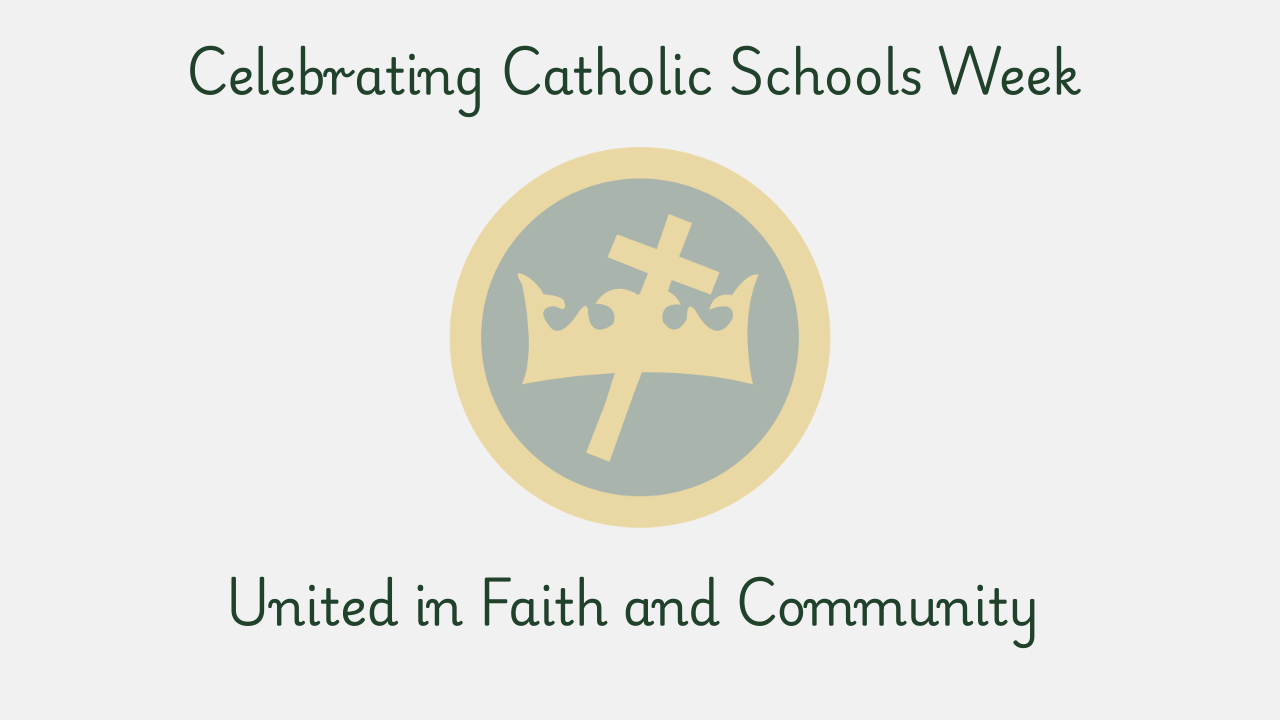
Happy 3rd Sunday of Ordinary Time! This Sunday, Jan 25, we kick off Catholic Schools Week for our Parish School. At 10am Mass, some kids from our school will serve as lectors and greeters at Mass plus the Cougar Chorus will sing at Mass. Catholic Schools week each year is an opportunity to celebrate the uniqueness of our Catholic schools especially their Catholic Identity. The National Theme for Catholic Schools Week this year is United in Faith and Community. This theme emphasizes the uniqueness of a Catholic School. Our uniqueness as a Catholic School flows from education and formation being centered around Jesus Christ. Jesus is the one who unites us. At our Baptism, Jesus brought us into a bigger family, the family of God. Our faith in Christ unites then and calls us to community, to live as part of the family of God. We will celebrate Catholic School Weeks with a variety of activities that celebrate this theme of being united in Faith and Community through Jesus Christ. We will celebrate with Sunday Mass with kids in ministry roles, Eucharistic Procession at School on Thursday, and many other fun activities. Please keep us in prayer this week as we celebrate the uniqueness of being of Catholic School. Finally, one minor change that we will begin in February for Christ the King Parish is a new procedure for those receiving low gluten hosts. Anyone needing a low gluten host beginning in February will simply proceed to the priest distributing Holy Communion at Mass. The priest will have low gluten hosts in a special pyx. Military Weekends Feb. 21-27 and March 4-6
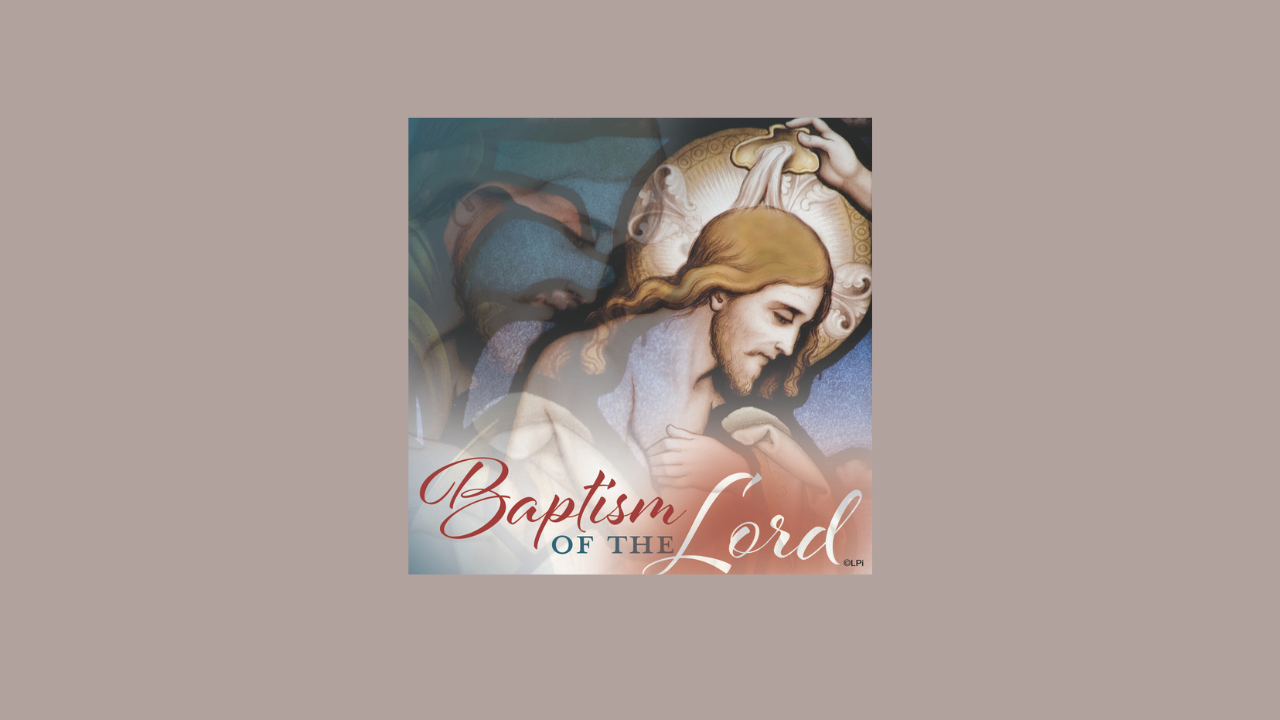
Happy Feast of the Baptism of the Lord! I am sad to miss this great feast with yall. I am away on military drill Jan 10-11. Please keep me in prayer and know of my prayers. This great feast moves us from the Nativity scene with Mary, St. Joseph, shepherds, and Magi to roughly 30 years later in Jesus’s earthly life. The Feast of Baptism of the Lord manifests that Jesus is the Anointed One, the Messiah. This Feast of Baptism of the Lord serves as a Bridge to Ordinary Time because Christmas Season is all about the long-awaited Messiah being born and Ordinary Time is about seeing Jesus prove and show forth in His public ministry that He is the Messiah. At His Baptism, we hear the Father’s voice and Holy Spirit appearing as a Dove to confirm that Jesus is the Messiah as he begins His public ministry which will end with His Death, Resurrection, and Ascension. This manifestation of the Holy Spirit at Jesus’s Baptism also harkens back to the Old Testament Kings and Prophets being anointing with the Spirit of the Lord as they began their Mission. So, the appearance of the Holy Spirit signifies that Jesus is the Anointed Messiah beginning the next stage of His Mission, His public ministry. For more information of this great feast visit https://www.catholic.com/magazine/online-edition/why-jesus-was-baptized or Why Was Jesus Baptized? -Bishop Barron's Sunday Sermon on YouTube. After this weekend, we will begin taking down Christmas decorations. We will leave the Nativity Scene up until Presentation of the Lord on Feb. 2. Presentation of the Lord traditionally closed Christmas Season until recently since it was 40 days after Christmas. We also have a very beautiful Nativity Scene, and it will be nice to enjoy its beauty through Feb. 2. Military Weekends Jan. 10-11 and Feb. 21-27

Happy Feast of the Epiphany! Epiphany, traditionally on Jan. 6 closes out the 12 days of Christmas celebrating the birth of Jesus Christ our Savior. We will the conclude the Christmas Season next weekend with the Baptism of our Lord. The Feast of Epiphany focuses on the Magi – the 3 wise men coming from the Persia area to see the newborn King of the Jews. Most likely these 3 wise men, Magi, would have been part of a bigger caravan. These 3 wise men would have studied astrology, philosophy and many other academic disciplines. They also were most likely of the priestly class of Persia who, with their astrology training, interpreted Divine messages from the stars. And as the Scriptures convey, gave 3 gifts to the newborn King: gold for a King, frankincense for a God used in worship, and myrrh to signify his death and burial. The significance of this great Feast is that the Magi represent the first Gentiles (non-Jews) encountering Jesus Christ. Throughout the Old Testament, the Messiah is expected, based on God’s promises to Israel, to be a light to the Gentiles. Meaning the Messiah through Israel would bring the Gentiles into the Covenance and family of God. For more information on the Magi visit https://catholiceducation.org/en/culture/the-magi.html or https://catholicinsight.com/2025/01/04/themeaning- of-the-magi-and-the-star-of-bethlehem/ Military Weekends Jan 10-11 and Feb. 21-27
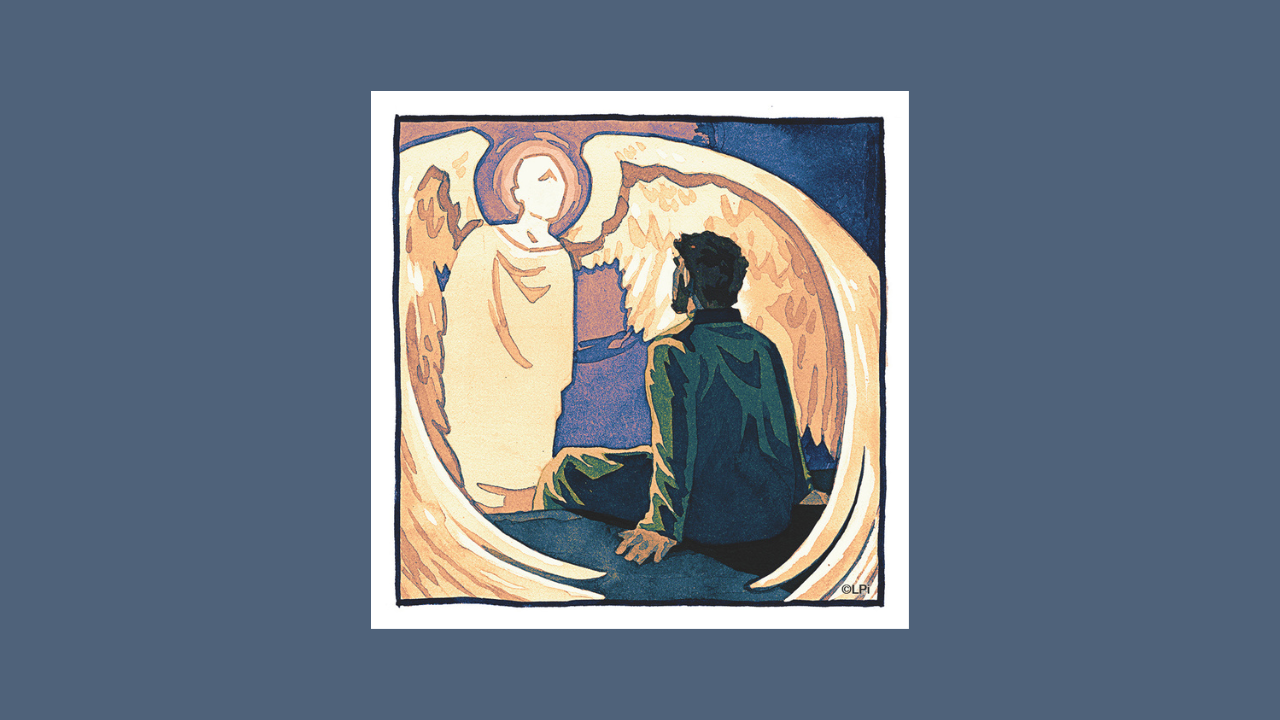
Happy 4th Sunday of Advent! Christmas Day and Season are right around the corner. Christmas Eve/Day Mass schedule is below along with New’s Years Eve/Day Mass schedule. For Christmas Masses and some Sunday Masses during the Christmas Season, we will be using incense at Mass. Incense Masses will be listed in the bulletin each week. Incense at the Mass is very ancient tradition that emphasizes that our prayers rise up to God like incense (Psalm 141). Incense at Mass also alerts our senses to the increased solemnity of the Christmas Season in which we celebrate the Word became flesh in Jesus Christ. Incense also reminds us of the seriousness and reverence of our Worship to the Triune God. As we approach Christmas Day, we hear in our Gospel of the Annunciation of St. Joseph. The Annunciation of St Joseph is talked about as much as the Annunciation of Mary, but these events in Salvation History are immensely important. In this Gospel passage today, we see St. Joseph wrestle with being called to be the foster father to the Messiah. A difficult calling to understand and receive from God. A key phrase in the Gospel today is that St. Joseph is described as a righteous man, meaning he is in right relationship with God. He knows God as Father and listens, trusts, and acts on God the Father’s word. Let us listen, trust, and act this Christmas Season on God’s word by living in the Christmas Season as Christians and celebrating the true meaning of Christmas that God kept His word to Isreal in sending the Messiah. Please note for December that there will be no Adoration of Blessed Sacrament on Dec. 24 and 31. For Christmas Masses, we will use incense at 4pm, 6:30pm, 11pm. For Dec 27-28, we will use incense at 10am and 5pm. Christmas Schedule Christmas Eve: 4pm, 6:30pm, and 11pm 30 minutes of prelude music before Mass Christmas Day: 9:30am New Years Mass Schedule Dec 31: 5:30pm Jan 1: 9:30am Military Weekend Jan. 10-11 and Feb 21-27
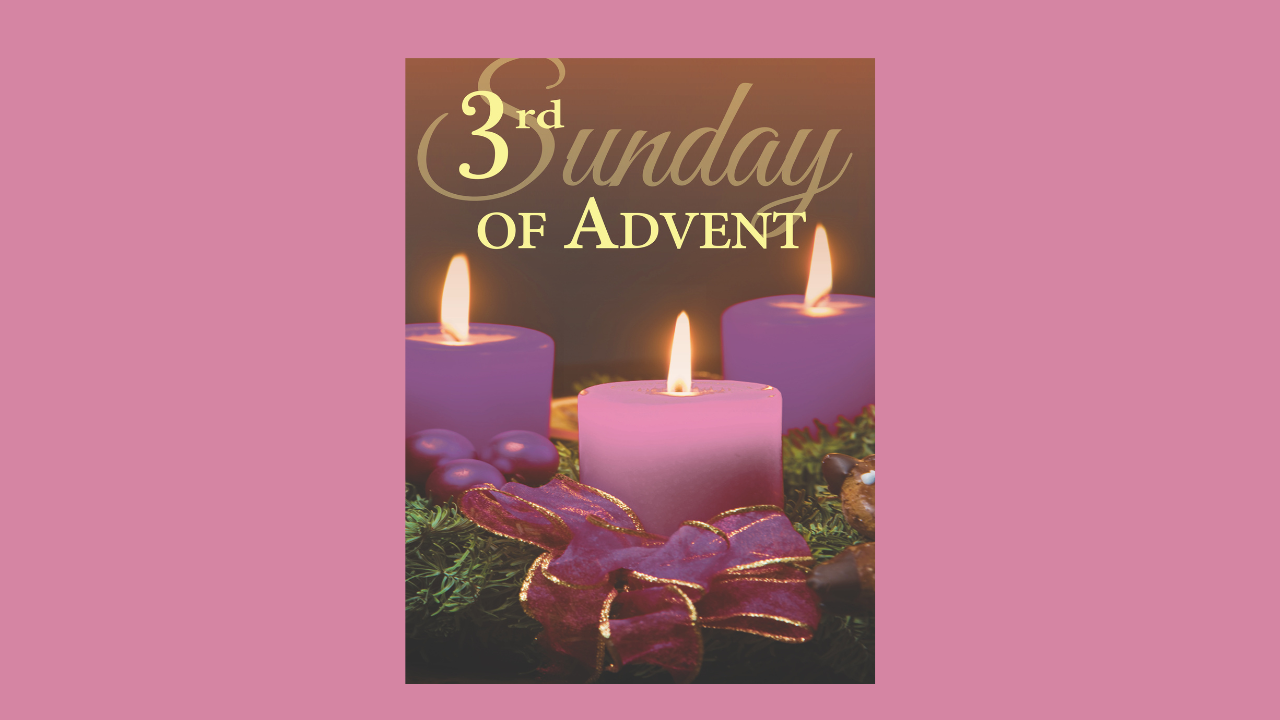
Happy 3rd Sunday of Advent! Also known as Gaudete Sunday, which means Rejoice in Latin. We rejoice because Christmas Season is near during which we recall how God fulfilled all His promises to Isrealthrough Jesus. Gaudete Sunday is also known for the word Joy because of the Rose vestment. Rose or common called pink is color of joy. Rose is color of joy because the violent color of Advent and Lent associated with penance is fading away with rose color vestment. Like the rose and orange hue thatis seen right before sunrise. On Dec. 14, we as a Parish will participate in Advent Penance with Blessed Sacrament and St. Agnes. Blessed Sacrament will host this time and CTK will host in Lent. 6 priests will be available to hear confessions at 2pm. A chance before Christmas to bring our sins to God’s mercy as we prepare for joy of Christmas Season. Please note for December that there will be no Adoration of Blessed Sacrament on Dec. 24 and 31. Advent Penance Service: Blessed Sacrament, Christ the King, and St. Anges Hosted byBlessed Sacrament - December 14 at 2pm. 6 priests will be available for confessions. Advent Resources Devotions Word on Fire Hallow App Exodus 90 App Magnificat Behold! By Sr. Miriam James Heidland, SOLT Marian Candlelight Mass - Dec 17 at 5:30pm Confessions Monday through Friday: 6:30am-6:50am Every Saturday: 3:00pm-4pm Every Sunday: 4-45pm Wednesday 4pm-4:45pm Christmas Mass Schedule Christmas Eve: 4pm, 6:30pm, and 11pm Christmas Day: 9:30am 30 minutes of prelude music before Mass New Years Mass Schedule Dec 31: 5:30pm Jan 1: 9:30am Military Weekends Jan 10-11 and Feb 21-27
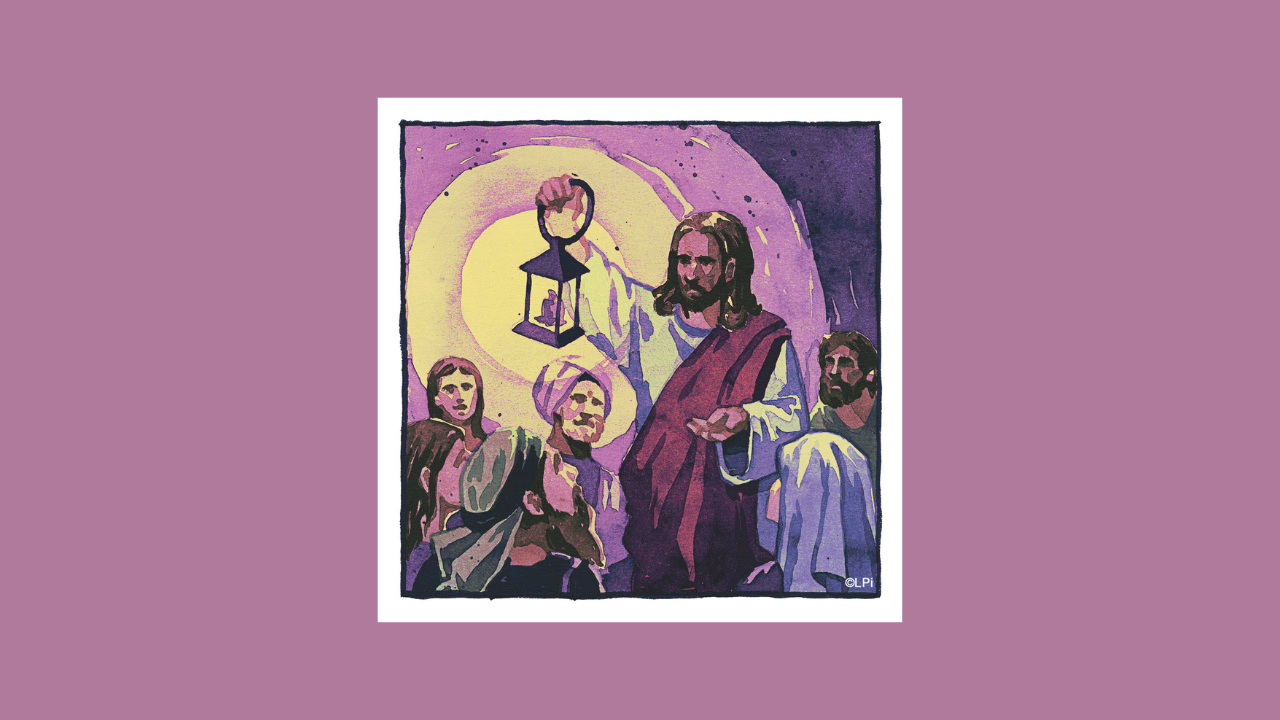
Happy 1ˢᵗ Sunday of Advent! Advent is a beautiful season of hope and expectation. We recall the promises that God made to Israel throughout the Old Testament especially Isaiah and see how God fulfilled these promises in Jesus. As we recall these promises and their fulfillment, we are renewed in our confidence and hope God will fulfill the promises of the New Testament. I encourage you not to jump straight into Christmas. I invite you to enter the great season of Advent. Be renewed by Advent to root your life more deeply in Christ’s promises, His promises are a sure and steadfast anchor. During my State of the Parish Homily back in October, I mentioned several places on our Campus are in need of attention, below is a list of projects coming in future years. This is not an exhaustive list, just gives a glimpse of major projects coming up in the next few years. Based on cash flow, summer of 2026 projects are listed in the right-hand column. Projects School Tuckpointing School Windows Gym Roof Parish Center Roof Rectory and St Joseph Roof Parking Lot HVAC Pre-K and K-8 Playgrounds School Security Cameras - Interior Summer of 2026 Projects Pre-K Tuckpointing Pre-K HVAC Pre-K and K-8 Playgrounds School Security Cameras - Interior Advent Resources Devotions Word on Fire Hallow App Exodus 90 App Magnificat Behold! By Sr. Miriam James Heidland, SOLT Marian Candlelight Mass - Dec 3, 10, and 17 at 5:30pm Confessions Monday through Friday: 6:30am-6:50am Every Saturday: 3:00pm-4pm Every Sunday: 4-45pm Wednesday 4pm-4:45pm Advent Penance Service: Blessed Sacrament, Christ the King, and St. Anges Hosted byBlessed Sacrament - December 14 at 2pm. 6 priests will be available for confessions. Christmas Mass Schedule Christmas Eve: 4pm, 6:30pm, and 11pm Christmas Day: 9:30am New Years Mass Schedule Dec 31: 5:30pm Jan 1: 9:30am Military Weekends Dec 5-7 and Jan 10-11
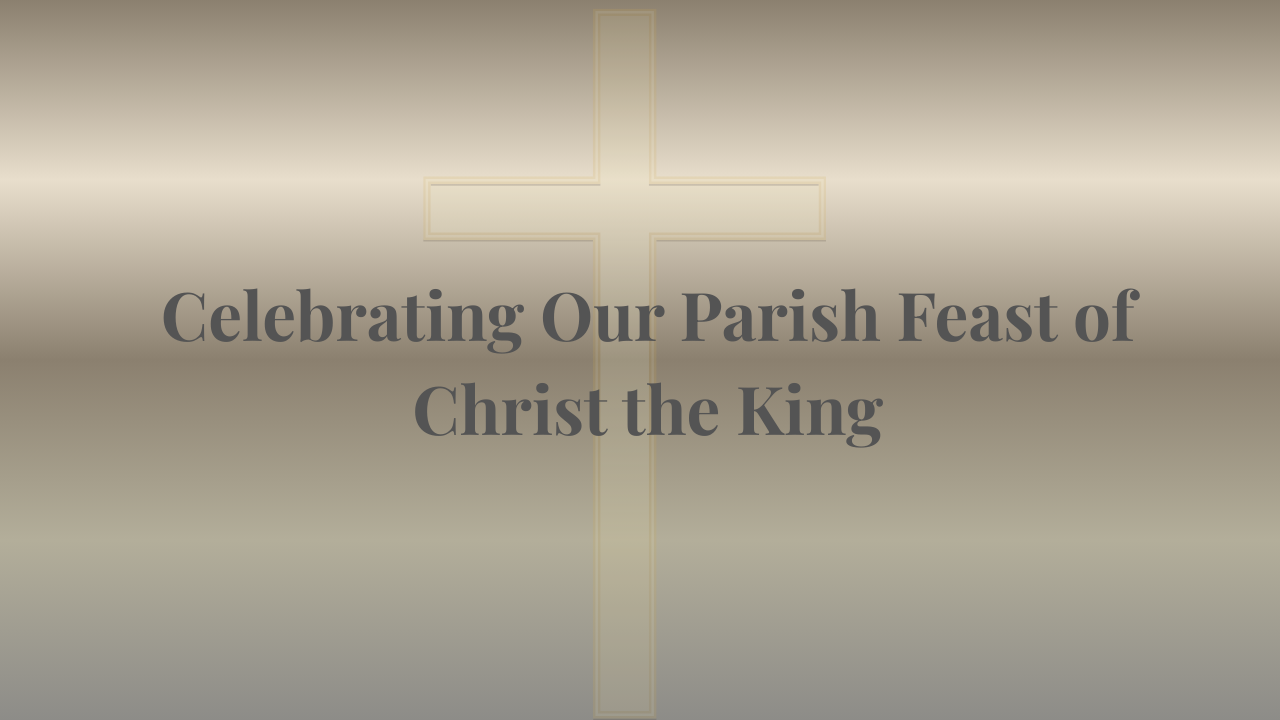
Happy Christ the King Sunday! I am excited to celebrate our Parish Feast Day for the first time as Pastor. I have always loved this Solemnity! It emphasizes that Jesus’s Kingdom is bigger than any nation. Indeed as the Solemnity suggests He is King of Universe. His Kingdom is bigger than the entire universe. Christ the King Solemnity also acknowledges the universality of the Catholic Faith, every race, ethnicity, language, etc. is invited into Christ’s Kingdom. More information on the history of the Feast visit - https://www.usccb.org/committees/religious-liberty/solemnity- christ-king-background or https://ewtn.co.uk/ca-why-was-the-feast-of-christ-the-king-instituted/ During my State of the Parish Homily back in October, I mentioned several places on our Campus are in need of attention, especially at our school. In next week’s bulletin, I will lay out some upcoming projects for summer of 2026. Advent Resources Devotions Word on Fire Hallow App Exodus 90 App Magnificat Behold! By Sr. Miriam James Heidland, SOLT Marian Candlelight Mass - Dec 3, 10, and 17 at 5:30pm Confessions Monday through Friday: 6:30am-6:50am Every Saturday: 3:00pm-4pm Every Sunday: 4-45pm Wednesday 4pm-4:45pm Advent Penance Service: Blessed Sacrament, Christ the King, and St. Anges Hosted byBlessed Sacrament - December 14 at 2pm. 6 priests will be available for confessions. Christmas Mass Schedule Christmas Eve: 4pm, 6:30pm, and 11pm Christmas Day: 9:30am New Years Mass Schedule Dec 31: 5:30pm Jan 1: 9:30am Military Weekends Dec 5-7 and Jan 10-11
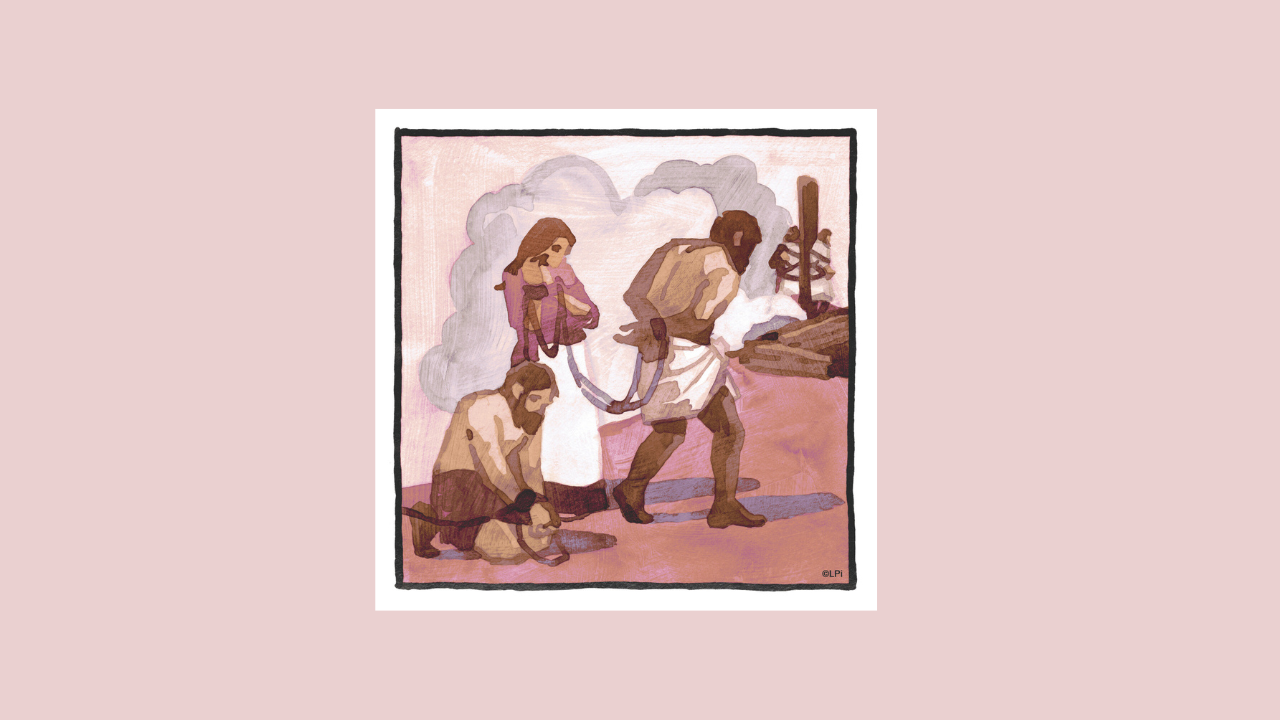
Happy 33 Sunday of Ordinary Time! Our Gospel today is part of what we call the eschatological teachings of Jesus. Eschatological teachings have to do with final things; Our Doctrines about 2nd coming, judgment, heaven, hell, purgatory, etc. coming from Jesus’s teaching in the Scripture about final things. Eschatological teachings can sometimes be unnerving, but they point towards the Divinity of Christ Jesus. That He is above all of creation and reigns over death and life. Reminder that next weekend is our Parish Feast of Christ the King Sunday, Nov. 22-23. We will have a Parish Breakfast after 8am and 10am Masses. There will also be Incense at both 4:30pm and 10am Mass that weekend. Thank you to all you came out for the Pre-Advent Mission. Both evenings were great times of formation, prayer, and fellowship. Dennis did a brilliant job on inviting us to journey with Mary this Advent followed by some beautiful Candlelight Adoration of Jesus. Thank you to all as well who made the Social possible Monday Night. It was a great time of fellowship. Advent Resources Marian Candlelight Mass Dec 3, 10, and 17 at 5:30pm Confessions Monday through Friday: 6:30am-6:50am Every Saturday: 3:00pm-4pm Every Sunday: 4-45pm Wednesday 4pm-4:45pm Advent Penance Service: Blessed Sacrament, Christ the King, and St. Agnes Hosted by Blessed Sacrament December 14 at 2pm 6 priests will be available for confessions. Christmas Schedule Christmas Eve: 4pm, 6:30pm, and 11pm Christmas Day: 9:30am New Years Mass Schedule Dec 31: 5:30pm Jan 1: 9:30am Military Weekends Dec 5-7 and Jan 10-11

